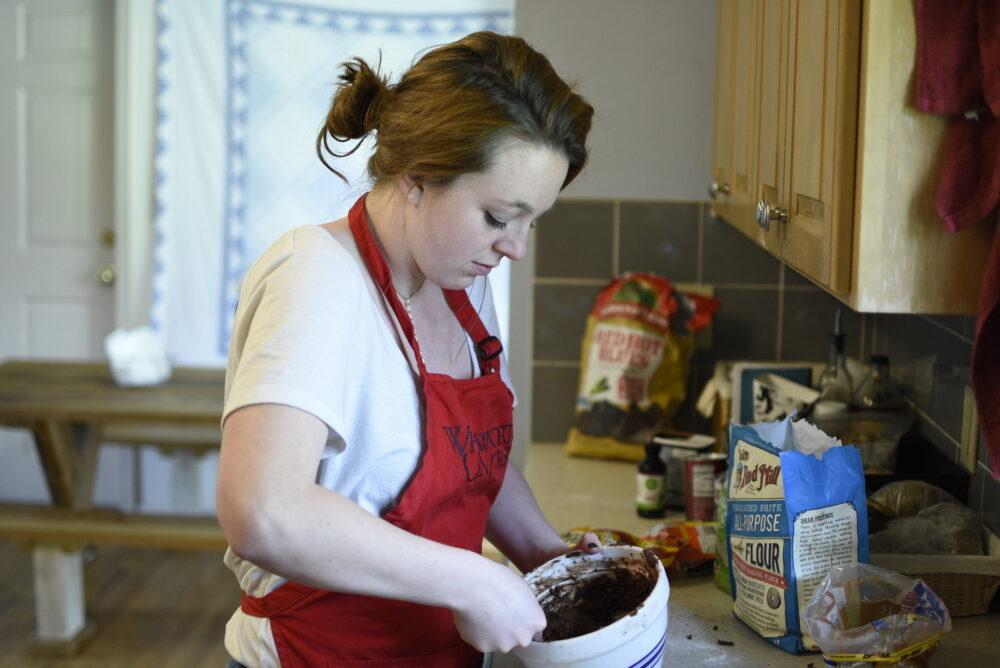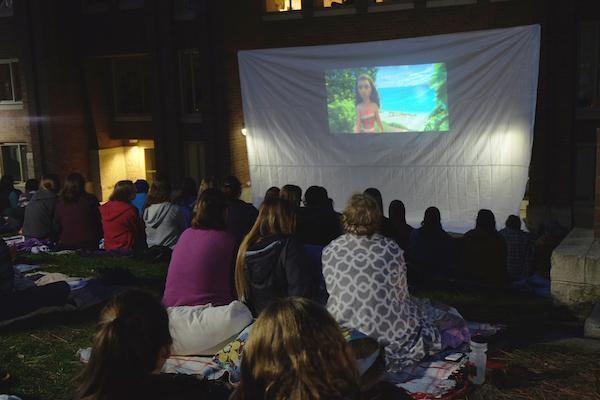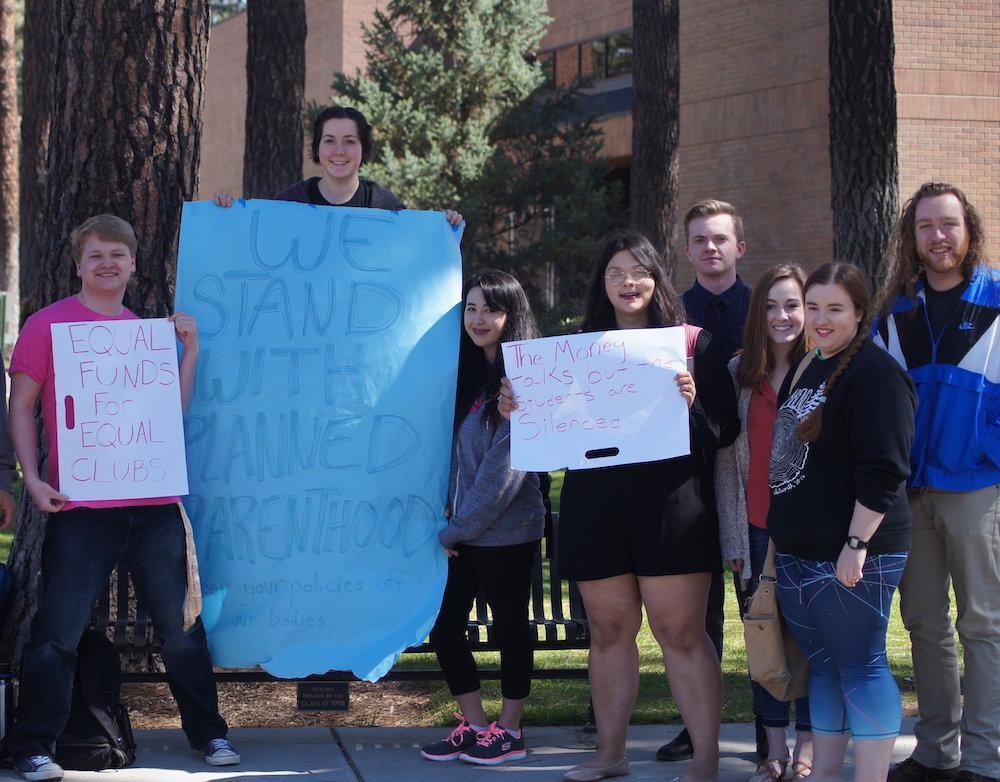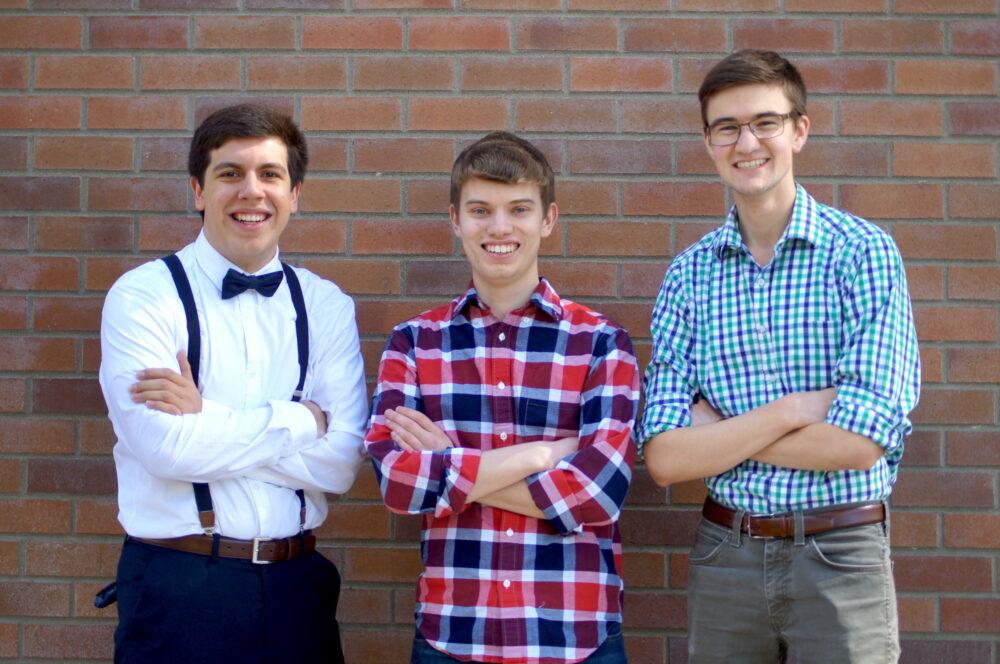Young voters have been a crucial demographic to campaigns in recent elections to rally support for candidates. However, with some voters experiencing elections for the first time, they can feel unprepared to take on the voting process and navigate their political views.
Voters between the ages of 18 and 24 were a “decisive” factor in the 2012 presidential election, with their votes accounting for 19 percent of all votes cast, according to a 2012 Politico article.
Young voters can also be first-time voters who need to register, consider their political views and vote, all while possibly living away from home for the first time. Student voters introduce another challenge by remaining a resident of one state while working or studying in another.
“I live in Nevada so I’m not sure if I can vote here, or how that’s going to work,” saidfirst-time voter sophomore Melissa Voss.
Voss registered to vote online and received a confirmation card but said she feels unprepared and concerned about how she will vote from outside her home state.
“Being an out-of-state voter and having no clue on how to go about doing that, or even if I can vote from Washington, it would be nice to know,” Voss said.
Political Science Club Vice President Luke Atherton said that as an Oregon resident he registered for an absentee ballot to be sent to his house in Spokane. He can then mail it to an Oregon voting office or return it in person over fall break. As Oregon is one of three states that casts ballots by mail, Atherton recognized the out-of-state voting process in all states may not be as simple as in Oregon. However, he said registering to vote was not difficult.
“It’s super nice that Oregon offers that online registration,” Atherton said. “It makes it very simple, it’s just your name, your driver’s license, [or] your social security number and you’re set.”
While Voss said she will vote, she is apprehensive about voting for a president based on the available candidates.
“It would be nice to be able to know this is what I believe, this is what this candidate believes, this is what this candidate believes, without it being so shrouded in, ‘Oh they’re not super great people,’” Voss said.
The fact that you might get to vote and you choose not to is crazy to me.”
— Luke Atherton, vice-president of political science club
Grappling with a wide variety of issues and candidates’ stances can be difficult for individuals who have never participated in the political process. In 2008 only 79 percent of first-time-voters said they were certain in their choice of vote, according to a Pew Research survey.
Students in political science professor Kathy Lee’s courses expressed a lack of policy knowledge in the beginning of class. Lee said students themselves understand they lack the necessary knowledge to make an educated decision.
“I have a feeling that if you were walking around the UW campus you would know there’s a presidential election going on,” Lee said. “You walk around this campus, I’m not sure you would know.”
Lee encouraged students to take the ISideWith.com survey which poses questions on a wide range of policies and then gives four political parties and candidates those answers best align with those of the student. Lee said her students were surprised with the results after taking the survey and hoped it would push them to look further into the debated policies.
Atherton said resources that allow voters to critically examine their beliefs can help them make a more informed decision.
“It’s very easy, especially in this country, to fall into partisan lines and say ‘I’m a Democrat or I’m a Republican so I vote this way’ and kind of lose touch of what that actually means,” Atherton said. “What is a conservative standing on fiscal policy? What’s going on? What do I believe, which one do I align with?”
Atherton encouraged student voters to reach outside their comfort zone to learn about each policy and candidate before they cast their vote.
“Voting in general is really important,” Atherton said. “The fact that you might get to vote and you choose not to is crazy to me. Vote and do it in an informed way, it really doesn’t take much time.”
Lee agreed and stressed the future ramifications of voting students may not consider when casting their ballot.
“I think this is an extremely important election and not to be taken lightly,” Lee said. “It may feel removed from students, but their future livelihood whether that be economic livelihood or security, I think this is all kind of out there in this election. I think they have to take it seriously.”
NOTE: In the Whitworthian’s print issue, Kathy Lee’s indirect quote reads “Lee said she feels students are unprepared to vote in the upcoming election…” It should read “Lee said students themselves understand they lack the necessary knowledge to make an educated decision.” This change is reflected in the online version of the story.
Contact Karlin Andersen at kandersen18@my.whitworth.edu











